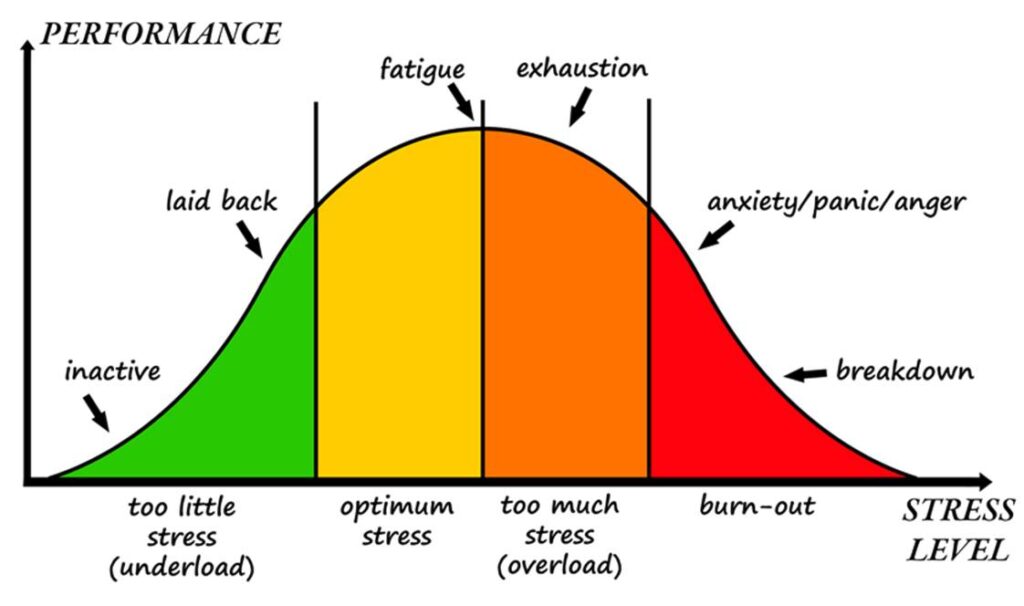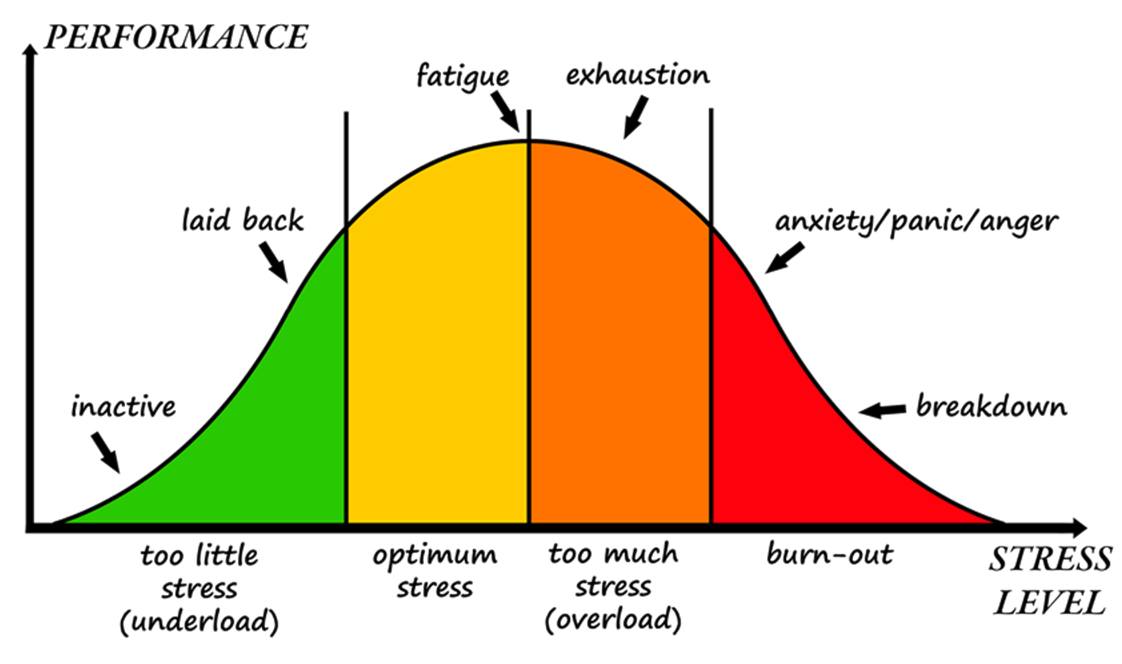Written by Lacey Liebert, Licensed Mental Health Counselor
Today’s Topic: “After months of preparation and training, I did not achieve my goal. How do I deal with the disappointment?”
Before I jump in, I want to acknowledge that every person’s situation is unique. If you want to deep dive into your experience of race day disappointment, speaking with a therapist about your specific situation can lead to a lot of personal learning and growth (particularly if you bring your curiosity and openness).
Ok, let’s jump in.
First of all, you GET to have your feelings about this. I find the best way to deal with feelings is to actually have them. We don’t really get to choose our feelings, so if you are feeling disappointed, BE disappointed. Recognize it, say it to someone, and learn something about it. Don’t rush away from it.
Second, remind yourself that disappointment is a feeling you will inevitably encounter in life. If you are human, you will feel disappointed.
Disappointment about outcomes is closely related to expectations.
· What were your goals and expectations for this race?
· What were these based on?
· Were your goals and expectations matched to your preparation?
· Were your expectations rigid and narrow (all or nothing)?
· Did you have A, B, and C goals? (See my previous Tip Tuesday on ABC goals- you can find this on the HCS Website).
Keep in mind, when it comes to race day outcomes, there are some variables we have control over (what we wear, the nutrition we use), some variables we have influence over (our training & preparation, race pacing, mindset), and some variables we have NO control over (the weather, how our body feels on a specific day). The longer the race, the more the variables.
Some reflection questions to consider:
-What did you learn about disappointment growing up?
-How did you see important people in your life handle their disappointment?
-How was your disappointment handled?
-What is your current relationship with disappointment?- How do you tend to respond to your own disappointment?
-How do you respond to others’ disappointment?
-What is on the line with this outcome?
-Do you base your self-worth on achievement and outcome?
-Do you believe that you need to achieve a certain outcome to be loved and appreciated?
-Are you trying to prove something?
-Do you think you will let someone down if you don’t hit your goal?
-Are you prone to a shame response?
Next, put this race day outcome in the much larger context in which it occurs. “Failing” in a sporting event is not life or death. Yep. I said it. The F-Word. FAILURE.
If you haven’t failed at something in life, my guess is that you are someone who likes to stay nice and cozy in your “Comfort Zone.”
Yes, you avoid failure this way, but there’s a lot of growth that happens when you step outside of your comfort zone, take healthy risks, tackle challenges, and confront failure. You miss out on a lot of life & learning if you hibernate in the comfort zone.
There are a few variations on how this gets visually represented, but I like this image, which reflects how I think about therapy (optimally challenging).
*SEE IMAGE ATTACHED*
To fail is to be human. To fail is to try, to care, to take risks, to learn, and to grow.
If failure feels terminal to you, then my best advice is to get really curious about that and talk about it with someone you trust. I’m not saying to dismiss or invalidate your feelings. Like I said, you GET to have your feelings about whatever it is that happened. What becomes problematic is when you start to create a narrative about WHO you are based on what happened. This is no longer disappointment. This is shame.
· “I’m a failure” (Instead of “Yep, I failed at this specific thing, but it does not define me as a person.”)
· “I’m just no good” (Instead of “Hey, I’m really proud of myself for going for it.”)
· “I’ll never get it” (Instead of “I want to learn from that experience and try again!”)
Shame closes us off. We feel the need to retreat, to hide, to protect ourselves, and to put on our armor to shield ourselves from what we start to believe it means about us if we fail. The antidote is curiosity and compassion. Find someone you trust, who will listen to how you feel, AND who help you challenge shame-based assumptions. Where do these ideas come from?
Another thing that can close us off to learning is anger and rage in response to failure. This has to do with feeling something was deserved or owed to us, and in not getting it, we feel cheated or wronged. In this case, rather than self-reflecting, we may look to blame others for the non-preferred outcome. In this case, the urge to control someone else will be strong. If only they change, or the outcome changes. In reality, we have no control over other people (nor should we). And most often, we cannot change outcomes.
Sure, you could hold on tightly to “it should not be this way.” You could stay angry. Or, you could accept reality. This is not changing. The pathway to feeling better in this case is acceptance and in doing so, becoming better acquainted and more comfortable with disappointment. Once you accept that reality is in fact this way, and you cannot change it, then you can feel disappointed about it (and perhaps sad!), which allows you to eventually move on. Anger and rage are frequently defensive (protective) in that they try to keep away the more vulnerable feelings.
So, we will end today’s topic where we began. Let the disappointment roll. Figure out what you’d like to learn about what happened, and talk about it. And then, put what happened in its place: one race, one day, out of many.
Another great topic that was suggested will be what I talk about next time: Managing the psychological aspect of weathering different seasons of running (and life).
——————————————————————————————————————————————
Disclaimer: The therapeutic relationship and process is unique and unable to be reproduced in a social media post. The advice here represents a generalization of material and ideas. If you have any questions or concerns, please don’t hesitate to reach out to me directly. Laceyliebert.lmhc@gmail.com
To connect with a therapist, here are some resources: https://bpsi.org/find-a-therapist/ or https://www.psychologytoday.com/us

